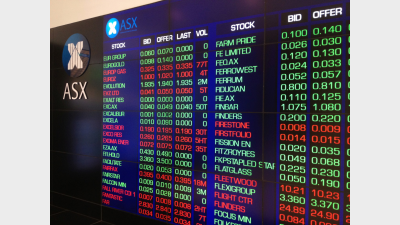Mercer launches risk management framework for defined benefit funds
Mercer has launched a governance framework that enables defined benefit super funds to manage financial risks.
The consultant group said the framework enables trustees to manage their plan along a path to full funding, enabling them to be more proactive in banking investment gains and limiting potential losses from market fluctuations.
Key features include regular funding level monitoring, a rules-based approach to locking in market gain and integrated liability hedging strategies and measures to mitigate downside equity risk.
Tim Jenkins, retirement, risk and finance consulting business leader for Asia Pacific, said the framework “addresses widespread concerns about the funding of defined benefit super funds, particularly in the face of ongoing market volatility and unpredictable funding levels".
“While trustees and sponsors may be keen to transfer risks to fund members by encouraging or requiring defined benefit to defined contribution transfers, the timing may not be right for this, whether because of affordability or the need to amend contracts.
“Defined benefit fund governance arrangements are often unable to respond quickly enough to changing economic conditions, so schemes often fail to lock in favourable movements in this market,” he said.
Recommended for you
Rest Super remains “fully committed” to equities, even as it anticipates higher market volatility than experienced in previous decades.
Australian superannuation funds have again generated strong returns for FY25, with the median growth fund returning 10.5 per cent for the year, according to Chant West.
The US remains a standout destination for innovation and commercialisation, according to MLC Asset Management chief investment officer Dan Farmer.
Hostplus’ MySuper Balanced option delivered significantly stronger returns in 2024–25, bouncing back from the previous year when its cautious stance on listed markets came at a cost to members.











